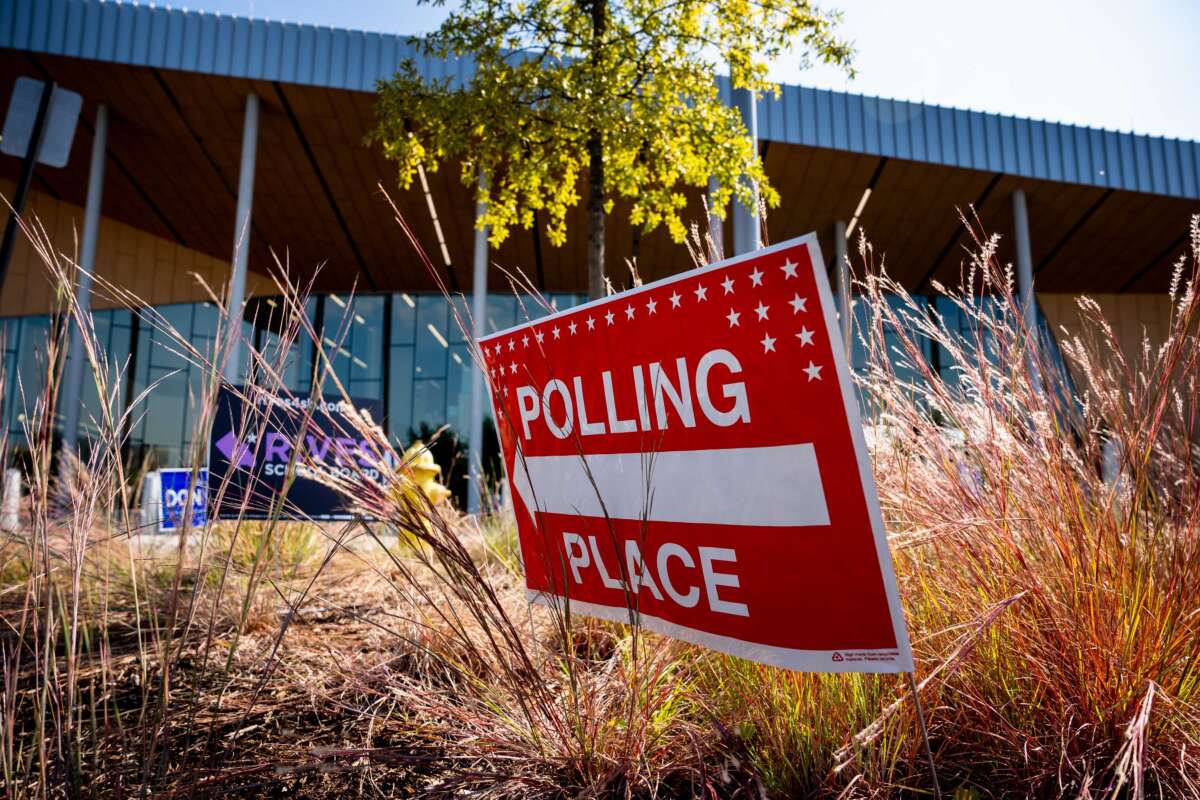The U.S. Supreme Court issued an order on Wednesday lifting an injunction against Virginia Republican officials’ attempt to purge hundreds of names from voter registration rolls across the state.
The unsigned order means that those officials can push forward with their removal of names from voter registration rolls just days before the conclusion of the 2024 election — disenfranchising an unknown number of eligible voters in the process.
“The application for stay presented to The Chief Justice and by him referred to the Court is granted,” the court’s order said.
It’s unclear which of the nine justices ruled for lower courts’ stays to be lifted. However, all three liberal bloc members — Justices Sonia Sotomayor, Elena Kagan and Ketanji Brown Jackson — indicated that they would deny the application to block the lower courts’ rulings.
The purge, which was initiated by an executive order from Gov. Glenn Youngkin (R) in August to ostensibly remove ineligible, noncitizen voters from the rolls, targeted names on Department of Motor Vehicle forms where individuals had indicated they were immigrants or had otherwise left that space blank. However, it’s possible that, since those forms have been processed, individuals who indicated they were immigrants have since become naturalized citizens, and that those who didn’t indicate their status skipped the question by accident.
Indeed, a lawsuit jointly made by the federal Department of Justice (DOJ) and several civil rights groups identified dozens of people who were improperly removed from voter rolls.
Lawrence Otey, a resident of Roanoke, Virginia, who has been voting for decades, was one of the voters purged from the rolls. “I’ve been voting since Jimmy Carter,” he told Cardinal News.
Unfortunately, he mistakenly checked a box on a DMV form indicating he was a “non-U.S. citizen,” resulting in his voter registration being removed.
“Don’t get old,” Otey advised potential voters in Virginia.
Nadra Wilson of Lynchburg, Virginia, was similarly removed from the voter rolls despite being born in the U.S. “I was born in Brooklyn, New York — I’m a citizen,” she told NPR.
Wilson was sent a mailer from the state indicating she had time to rectify the situation. But that mailer was sent to the wrong address, and by the time it reached her, the deadline to fix the mistake had passed.
Wilson described the situation as “very, very unfair.”
Despite these and dozens of other known examples of eligible voters being purged from the rolls, Youngkin celebrated the Supreme Court ruling, describing it as a “victory for commonsense and election fairness” in the state.
Civil rights organizations involved in the initial lawsuit condemned the ruling.
“To say this decision is a disappointment is an understatement. The Supreme Court just ignored a key provision of the National Voter Registration Act (NVRA) and the clear fact that Virginia purged eligible voters on the eve of the election,” said Ryan Snow, an attorney with the Lawyers’ Committee for Civil Rights Under Law.
The Supreme Court’s order is bewildering, as the NVRA is clearly written to block states, no matter the reason, from removing names from voter registration rolls within 90 days of any federal election. The ruling now has the potential to create dangerous precedent for states to challenge that restriction in the future.
Voters who have been purged can re-register to vote, as Virginia is one of 22 states in the country that allows same-day voter registration. But for many voters who believe they are registered to vote and actually aren’t (you can check your status here), the purging of their names from the voter rolls creates an additional, time-consuming hurdle to casting a ballot, especially if they don’t have the documents required to register at their polling location on Election Day.
Media that fights fascism
Truthout is funded almost entirely by readers — that’s why we can speak truth to power and cut against the mainstream narrative. But independent journalists at Truthout face mounting political repression under Trump.
We rely on your support to survive McCarthyist censorship. Please make a tax-deductible one-time or monthly donation.
